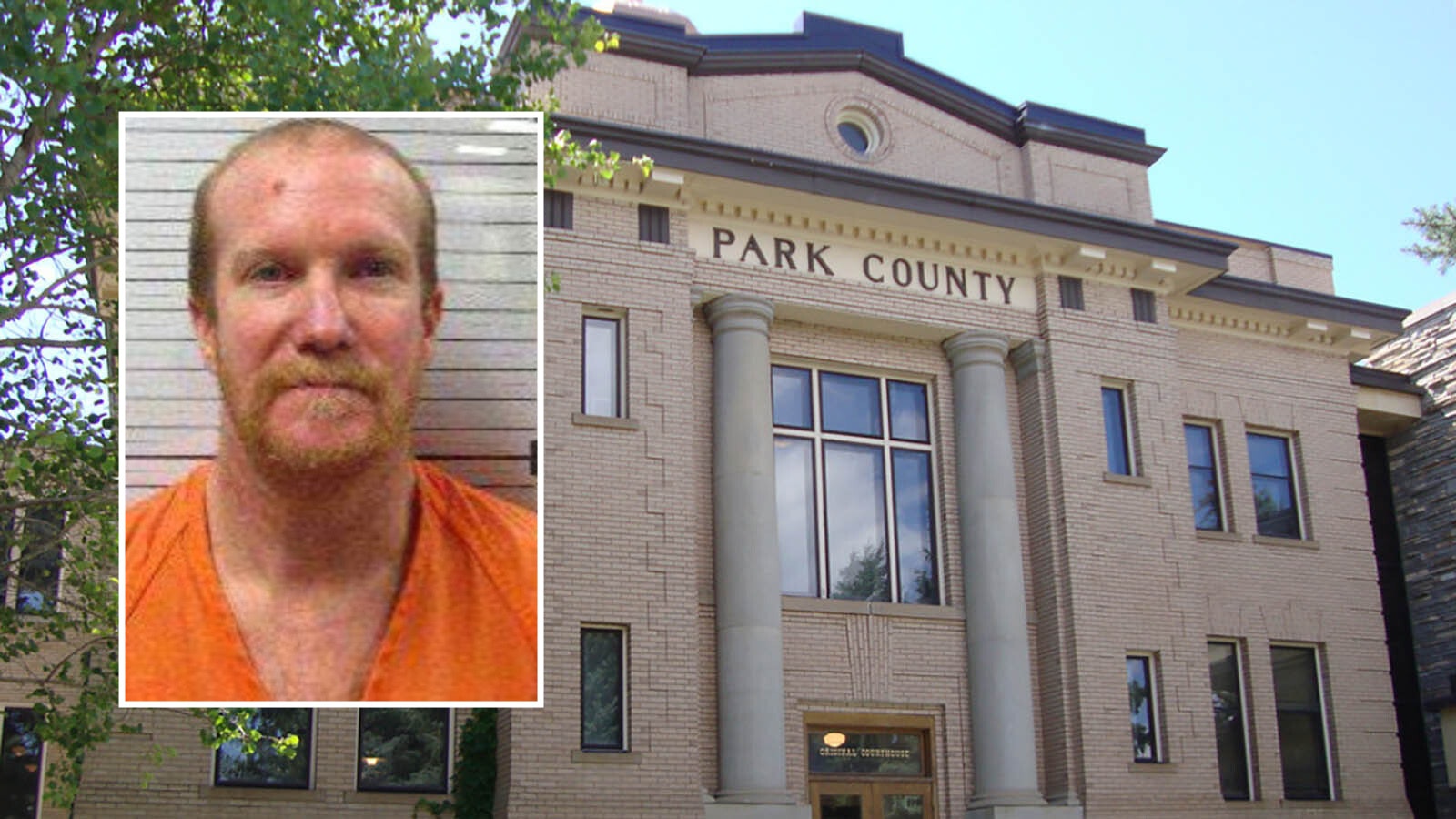Utah is trying to sue the federal government to gain possession of 18.5 million acres of federal land in that state, and Wyoming is researching how to support its southwestern border state, the governor said.
The United States owns about 69% of the land in Utah, and about half of that federal land is “unappropriated” regions that the federal government is holding in perpetuity, according to a proposed complaint Utah asked the U.S. Supreme Court on Tuesday to review.
“The time has come to bring an end to this patently unconstitutional state of affairs,” reads Utah’s proposed complaint. “Nothing in the Constitution authorizes the United States to hold vast unreserved swathes of Utah’s territory in perpetuity, over Utah’s express objection, without even so much as a pretense of using those lands in the service of any enumerated power.”
About 46%, or roughly 29 million acres, of Wyoming’s lands are also held by the federal government. The Wind River Indian Reservation and national parks comprise less than half of that. The other 60%, or about 18 million acres of federal land, are held by the U.S. Bureau of Land Management as “unappropriated.”
Karen Budd-Falen, a land law expert and co-owner of Cheyenne-based firm Budd-Falen Law Offices, said one reason Wyoming may not be joining Utah’s lawsuit is because of a decade-old feasibility study showing that managing what are now BLM lands would be expensive — if the state were to gain control of them.
The 345-page study, which Wyoming contracted to Y-2 Consultants in 2015, found that Wyoming would inherit costly wildfire and litigation issues if it were to take over management, Wyoming Wildlife reported at the time.
Local governments could lose significant federal funding if the lands shifted into state hands as well, the study concluded.
She noted that Utah has been angling to gain control of its BLM lands for about 15 years.
Waging Supreme Court cases is also expensive. “I think all the other states are just sort of sitting back saying, ‘We don’t even know if the Supreme Court is going to hear your case,’” said Budd-Falen.
Utah has gone directly to the highest court with its question, rather than waging a district-court-level federal suit against the BLM.
Gov. Mark Gordon, however, said his office may study ways to support Utah’s effort.
“Wyoming is as frustrated as any Western state with the imperious and unwarranted attitudes of federal land management agencies,” wrote Gordon’s office in a Tuesday email to Cowboy State Daily.
“Utah's recent move is indicative of the uncooperative approach of the Biden-Harris administration when dealing with Western states – especially for states with large swaths of lands managed by the federal government,” he said, adding that land management is best done locally.
“Beyond simply watching, I asked our Attorney General to provide me with options and best avenues to support Utah's actions,” said Gordon.
Kinda Worried About You, California
From a strictly constitutional perspective, handing the federal government’s land horde over to the states containing them sounds like a good idea, said Budd-Falen. Utah’s effort does not aim to regain National Parks or tribal reservations: Congress has designated those with specific acts of law.
The U.S. Constitution limits the federal government’s power, and doesn’t enumerate to it the power to hold BLM lands in perpetuity. As long as the states promised to allow public use like recreation, grazing and mining leases, Wyoming and Utah would probably foster their states’ business sectors well, she said.
But a state takeover of federal lands in Utah would also prompt one in California, and one in Oregon. Which could be catastrophic for rural ranchers and others in the urban-controlled legislatures of the deep blue states, she said.
“If they had control of those lands, I can tell you, there would not be ranching, oil and gas; minerals,” said Budd-Falen. She said state land leases in those areas are almost impossible to get, and cited her own experience representing ranchers in Northern California and other places.
“I listen to their stories and it really makes me sad for them; people that have been there for generations,” she said. “Those guys are paying now for water – for their crops it’s like 500 times what it has been in the past few years. … These family ranches are just going out of business.”
Budd-Falen said she’ll be following the public lands issue closely, out of fascination. But she also said it’s an uphill climb for Utah, as the federal government will ask why the state waited a century to wage this battle.
Clair McFarland can be reached at clair@cowboystatedaily.com.





